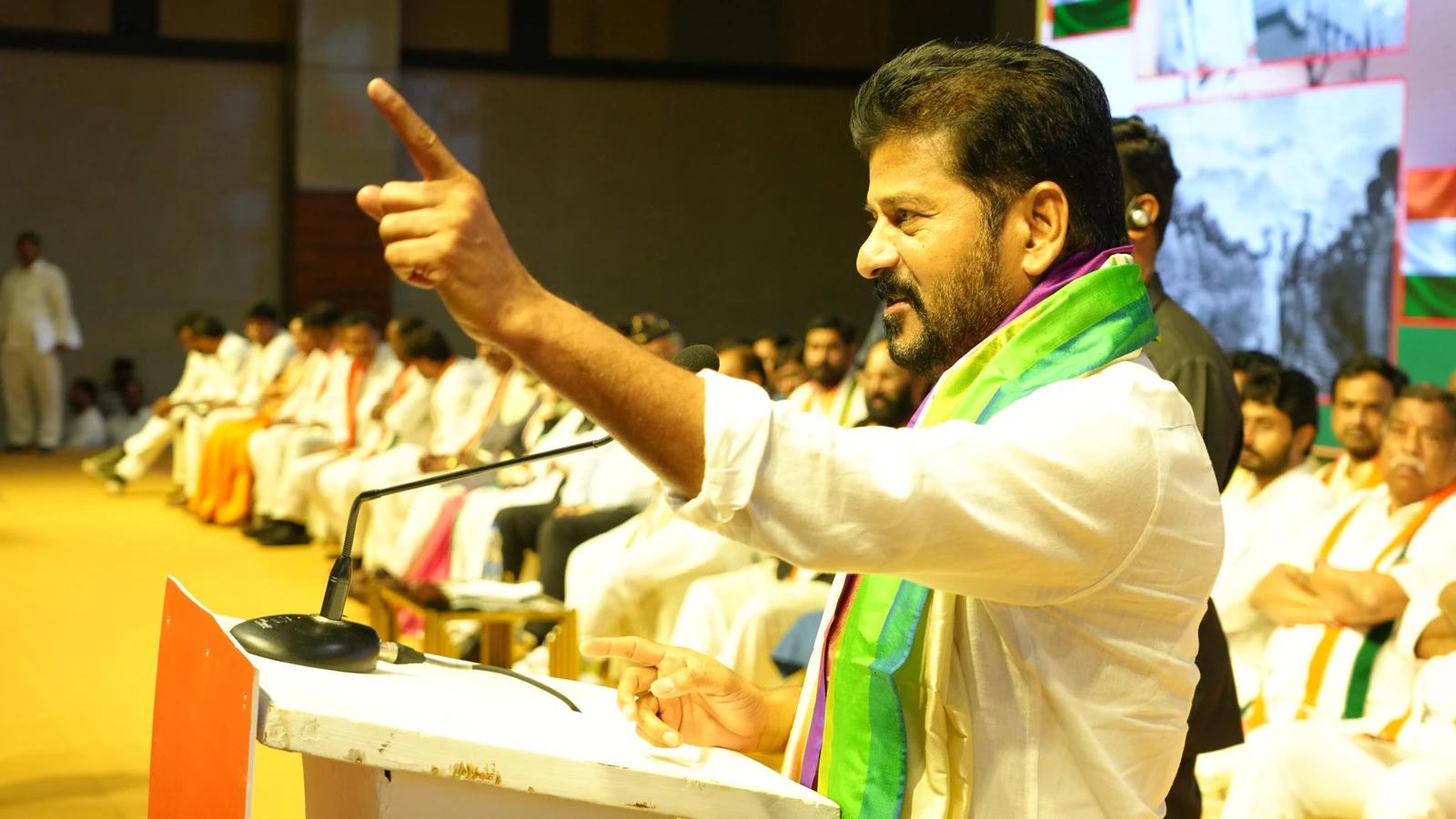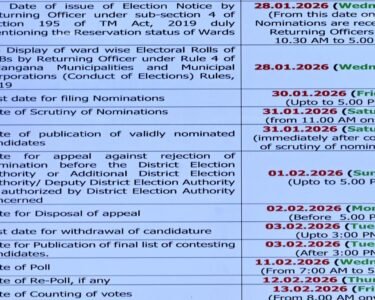In a significant step towards the welfare of cattle, the Chief Minister has instructed officials to prepare a comprehensive and inclusive policy for cow protection across the state. The move comes amid growing concerns over the state of stray cattle and the need for scientific and sustainable management of goshalas (cow shelters).
The Chief Minister, during a high-level review meeting held at the Secretariat, emphasized that cow protection is not only a cultural and religious priority but also a social responsibility. He stressed the importance of modern infrastructure and management practices to ensure that cows, especially stray and abandoned ones, are taken care of with dignity and care.
Four Modern Goshalas Planned in Initial Phase
To lead this policy from the front, the government announced that four modern goshalas will be developed in the first phase, each equipped with veterinary care, adequate fodder storage, trained staff, and clean water facilities.
The proposed locations for these goshalas include:
- One in each of the major zones—North, South, East, and West regions of the state
- Each shelter will accommodate up to 500 cattle initially
- They will serve as model centers for cow care, nutrition, treatment, and rehabilitation
These facilities are envisioned as sustainable institutions that not only provide shelter but also generate revenue through cow-based products like dung-based manure, urine-based fertilizers, and organic pesticides.
Scientific and Ethical Management
The Chief Minister stressed that cow protection should not be based solely on sentiment but on scientific, ethical, and humane practices. The goshalas will adopt:
- Digital cattle tracking through ear tagging
- Nutrition plans to ensure healthy growth and lactation
- Veterinary support with regular health checkups, vaccination drives, and disease control
- Eco-friendly waste management systems, including biogas units and composting
Special focus will be given to pregnant cows, calves, and diseased cattle with separate zones for quarantine and intensive care.
Integrated Policy with Public Participation
The CM has directed the Animal Husbandry Department to draft a state-level cow protection policy within a month. The policy will outline:
- Standard Operating Procedures (SOPs) for goshalas
- Norms for cow adoption by individuals and NGOs
- Fines and legal actions for cow abandonment
- Incentives for private goshalas adopting best practices
A dedicated Cow Welfare Fund will be created to support goshalas and cow welfare programs, with contributions from government grants, CSR initiatives, and public donations. The CM also proposed an online portal for cow sponsorship, where citizens can contribute monthly towards cow care.
Role of Panchayats and NGOs
Panchayati Raj institutions and local NGOs will play a crucial role in implementing the policy at the grassroots level. The CM directed district collectors to:
- Identify available land for new goshalas
- Collaborate with NGOs already working in the field
- Ensure community awareness and participation
Existing goshalas will be assessed and upgraded in terms of cleanliness, capacity, and veterinary support. A state-level monitoring committee will be formed to ensure regular audits and transparency in operations.
Employment Opportunities and Rural Development
Besides protecting cows, the goshalas are expected to become centers of rural employment and self-reliance. The initiative is likely to create:
- Jobs for cattle caretakers, veterinary assistants, and workers
- Training centers for rural youth in cow-based entrepreneurship
- Opportunities for women in dairy processing, organic manure packaging, and gomutra products
The government will tie up with agriculture universities and veterinary colleges to offer courses and certifications in cow management.
A Cultural and Economic Mission
The Chief Minister reiterated that cow protection is deeply linked with India’s agrarian economy and spiritual values. By investing in modern goshalas, the government aims to set an example of how tradition can merge with technology for sustainable outcomes.
He also appealed to spiritual organizations, temples, and devotees to come forward and adopt goshalas or sponsor cows through the state’s upcoming digital platform.
Monitoring and Evaluation
The CM instructed officials to submit monthly progress reports and called for a third-party audit system to maintain accountability. Each goshala will have a digital database of all cattle, inventory, and expenses, which will be made public through a mobile app.
The Chief Minister also plans to personally review the progress every quarter and has scheduled the foundation stone laying ceremony for the four model goshalas in the coming month.
Conclusion
This landmark decision by the Chief Minister reflects a strong commitment to animal welfare, rural development, and cultural preservation. If implemented effectively, the comprehensive cow protection policy and modern goshalas could serve as a national model for compassionate and sustainable cattle care, uplifting both animals and communities alike.







